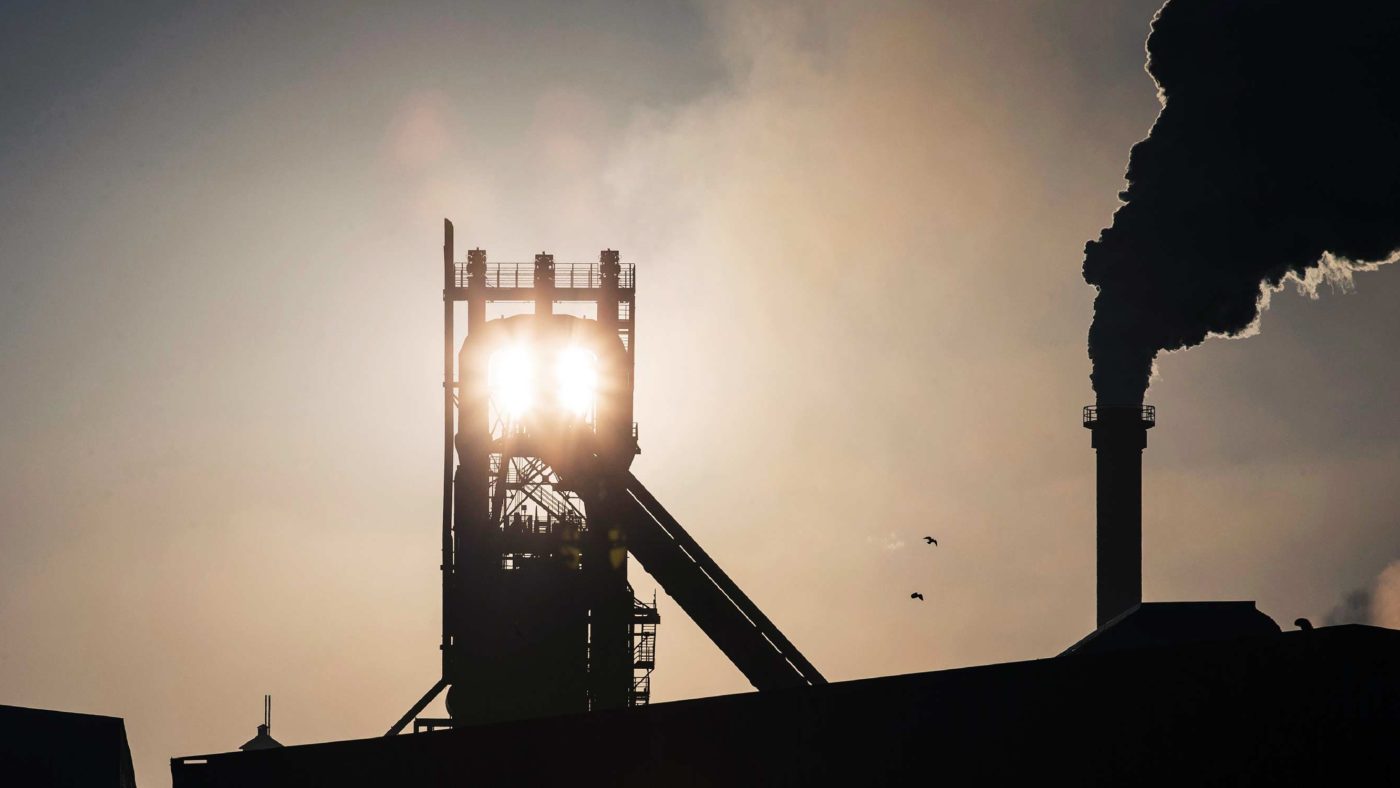Given everything that’s happened in the two years since the 2019 general election, it’s easy to forget just how much of a reset moment that was. As Labour strongholds in the Midlands and the North turned blue, the sense that Britain was in for a period of fundamental change was palpable.
But though ‘levelling up’ has been repeated, mantra-like by ministers ever since, the extraordinary demands of the pandemic have delayed putting policy flesh on the bones of the Government’s agenda. Now, however, with the worst of coronavirus (hopefully) behind us, the PM and his team can start to focus properly on his ambition to restore civic pride and economic opportunities to parts of the country where they have been lacking in recent decades.
One of the most interesting conundrums for the new Levelling Up White Paper is how it will interact with the Government’s other headline domestic policy project, Net Zero.
In some senses, they may appear in conflict. Cleaning up the economy will spell the end of high-carbon industries, such as coal mining, and huge upheaval in other sectors, such as steelmaking. Net Zero therefore appears to threaten levelling up by foisting costs on businesses disproportionately represented outside of the south-east, or blocking opportunities entirely.
That is not, however, the way it tends to be viewed on the ground. Countless politicians – from MPs to Metro Mayors – eulogise about how the Green Industrial Revolution offers the chance for jobs, growth, and restored pride in their areas.
This isn’t just rhetoric. Efforts to decarbonise motoring, for instance, have seen money flood into electric vehicle production in Sunderland and Coventry. The renewables industry has breathed new life into places such as Hull and Teesside. Taken together, the ‘low carbon and renewable energy economy’ generated an estimated £43 billion in turnover in 2019, supporting over 202,000 jobs. As the need to slash emissions at a faster pace grows these figures are only going to increase.
But it’s naive to imagine that the perceived tension between levelling up and decarbonisation really is just that – a perception. Even with the vast opportunities on offer, the journey to a Net Zero economy will not be painless. From previous economic transitions, we know that even if the country as a whole benefits, there can still be people and places that lose out.
To prevent this happening, the Government must assess how it can support the transition and guard against a repeat of the past. That does not necessarily mean a larger role, but a smarter one. In the Centre for Policy Studies’ latest report – ‘Levelling Up and Zeroing In’ – we set out a series of policies which would boost levelling up by allowing such areas to better capture the economic benefits on offer from the Net Zero transition.
Tweaking the tax system would be a good place to start. In particular, we look at how to improve the tax landscape for businesses making investments in the sort of capital equipment which will be necessary to decarbonise various industrial processes, or retool factories to make zero-emission versions of the carbon-intensive products they’re currently churning out.
In last year’s March Budget, Rishi Sunak announced a ‘super deduction’ to allow businesses to write off 120% of the value of investments against their tax bills, effectively bringing down the cost of capital expenditure. From a Net Zero perspective, this makes investing in newer, cleaner equipment and machinery cheaper and speeds up the green transition. It also works from a levelling up perspective, given that many of the manufacturing businesses which will make use of the super deduction are located outside of the south-east.
But the super deduction is due to expire in 2023. After that, we go back to the previous system, tilted against capital investment, which risks slamming the brakes on both levelling up and decarbonisation. For that reason, we urge the Treasury to make the policy permanent, even if it means making it slightly less generous. (A deduction of 100% – also known as ‘full expensing’ – would still be a gamechanger for capital-intensive businesses.)
Our report makes several other recommendations, from holding the Government to account on its plans to boosting R&D investment, to ensuring the Apprenticeship Levy is delivering the sorts of green skills which businesses will increasingly demand. There’s a mixture of carrots and sticks, which can combine to drive decarbonisation and spread economic opportunity.
The relationship between levelling up and cleaning up is not always straightforward. Such is the ambition behind both that frictions will inevitably arise at the margins. But they are overwhelmingly mutually compatible agendas. With a little extra careful thought, the two can be further galvanised – and ensure that decarbonising the economy really can revitalise Britain’s industrial heartlands.
Click here to subscribe to our daily briefing – the best pieces from CapX and across the web.
CapX depends on the generosity of its readers. If you value what we do, please consider making a donation.


